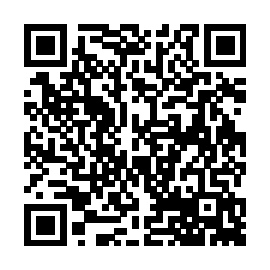学术讲座:Molecular Communications: Theory, Practice and Challenges
Molecular Communications: Theory, Practice and Challenges
主持人:刘星成教授
Abstract:
Molecular Communications (MC) has been recognized as an attractive solution for information exchange between nano-machines and in nano-scale networks operated in fluid environment. By taking its potential advantages of bio-compatibility and low energy consumption, MC is expected to find a lot of applications in the areas where the operation of conventional electromagnetic based communications is inefficient and/or impractical. Potential applications of MC may include health-care, intelligent drug delivery, environment monitoring, military, industry applications, Internet of Nano Things (IoNT), etc. This tutorial lecture will provide a comprehensive introduction to the state-of-the-art of MC. The fundamentals of MC and the channel modelling, information modulation, transceiver techniques, error-control, multiple-access, etc. in diffusive MC will be addressed. We will emphasize the similarity and difference between MC and the conventional electromagnetic based communications. Furthermore, the challenges and opportunities of MC will be discussed.
Professor Yang’s Bio:
Lie-Liang Yang received his PhD degree in communications and electronics from Northern (Beijing) Jiaotong University, Beijing, China in 1997. Since December 1997, he has been with the School of Electronics and Computer Science at the University of Southampton, United Kingdom, where he is the professor of wireless communications. He has research interest in wireless communications, wireless networks and signal processing for wireless communications, as well as molecular and nano communications. He has published 350+ research papers in journals and conference proceedings, authored/co-authored three books and also published several book chapters. The details about his publications can be found at http://users.ecs.soton.ac.uk/lly/. He is a fellow of the IEEE in the USA, a fellow of the IET (previously IEE) in the UK, and a distinguished lecturer of the IEEE Vehicular Technology Society. He has served as associate editor to several academic journals, co-organized several special issues, and acted as different roles for conference organization.

